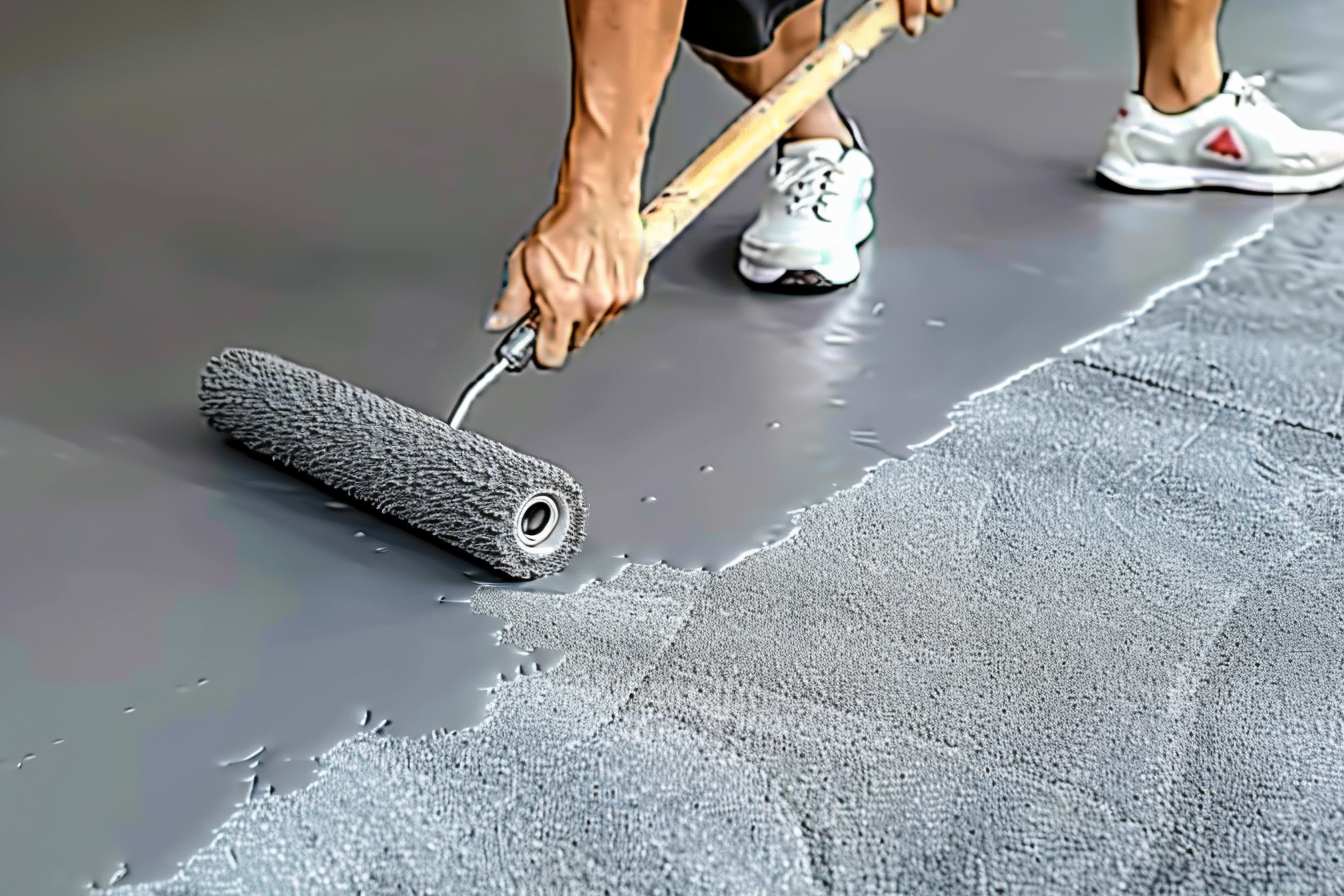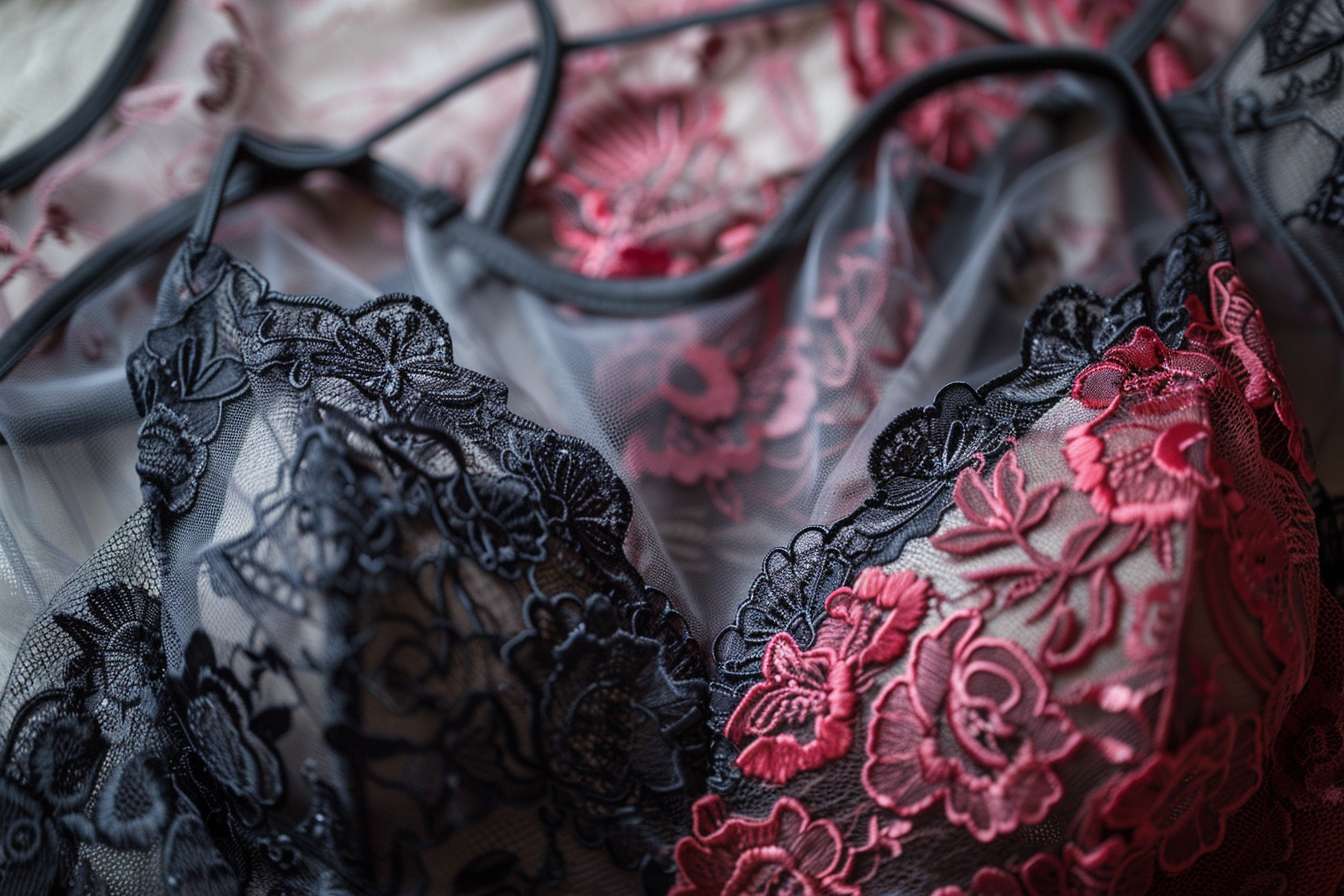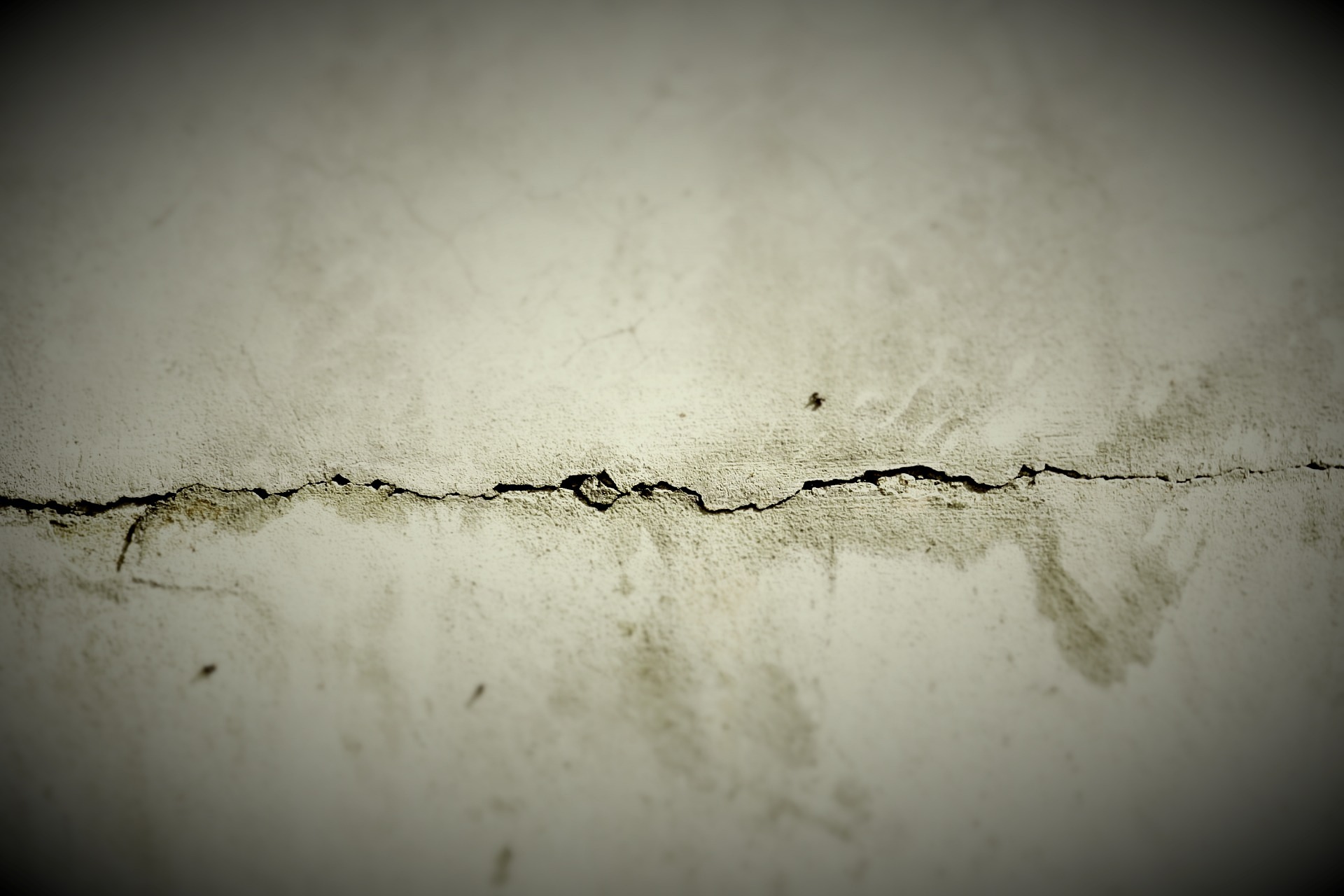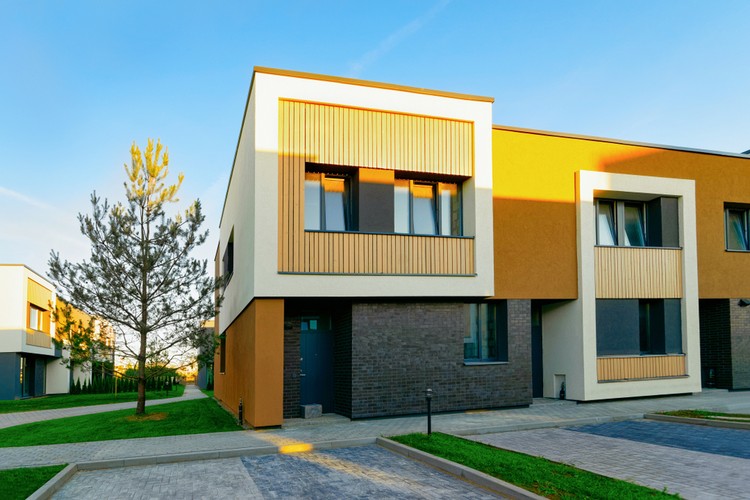Best Garage Floor Coatings 2025 USA: Costs of Epoxy, Polyurethane, and Polyaspartic
Choosing the right garage floor coating can protect concrete for years while improving appearance. This article compares epoxy, polyurethane, and polyaspartic coatings in the USA (2025), covering performance, typical lifespans, and estimated costs to help homeowners pick the best option for their needs.

Overview of Garage Floor Coating Choices in the USA
Garage floor coatings provide both protection and aesthetic appeal by covering concrete floors. They help shield against stains, chemical spills, abrasions, and the types of impacts that are common in garage settings, transforming ordinary concrete into a smooth, easy-to-clean surface. In the US, the top three coating materials are epoxy, polyurethane, and polyaspartic, each offering unique benefits.
- Epoxy Coatings: The most widely used option, epoxy delivers strong durability, a glossy finish, and customization possibilities such as decorative flakes or metallic pigments.
- Polyurethane Coatings: Valued for excellent chemical resistance and UV stability, these coatings are perfect for garages exposed to sunlight or harsh chemicals.
- Polyaspartic Coatings: A subclass of polyurea, polyaspartic coatings cure quickly and offer remarkable durability and adhesion, making them ideal for fast installations and tough climates.
Durability Comparison: Epoxy, Polyurethane, and Polyaspartic
Durability is a crucial factor when choosing a garage floor coating, given the heavy wear garage floors undergo.
- Epoxy: Premium epoxy coatings can last up to 20 years when properly maintained. They withstand heavy vehicular traffic, moderate chemical exposure, and physical damage. However, prolonged sunlight exposure can cause epoxy to yellow, and it may crack if subjected to severe temperature fluctuations.
- Polyurethane: Possessing outstanding abrasion resistance and flexibility, polyurethane coatings effectively resist chipping and peeling. They also offer excellent UV resistance and chemical durability, making them suitable for sunlit garages or those exposed to chemicals.
- Polyaspartic: Combining exceptional toughness with resistance to extreme temperatures and UV rays, polyaspartic coatings do not discolor under sunlight and retain their high-gloss finish. Their rapid curing time allows for quicker usability, minimizing downtime.
Installation Duration and Curing Times
The timeframe for applying and curing these coatings varies considerably:
- Epoxy: Installation usually requires 2 days, with up to 7 days needed for full curing before returning the garage to normal use.
- Polyurethane: This type cures faster than epoxy, typically allowing foot traffic within 1 to 2 days.
- Polyaspartic: The fastest curing alternative, often ready for use in just 1 day, making it ideal for time-sensitive projects.
Chemical Resistance and UV Protection Compared
- Epoxy: Resists light chemicals and oils effectively but tends to yellow with extended UV exposure, limiting its suitability for sunlit or outdoor garages.
- Polyurethane: Excels in both UV stability and resistance to chemicals, fitting garages with windows or outdoor elements.
- Polyaspartic: Delivers the strongest combination of chemical resistance and UV protection, sustaining appearance and defense under all lighting conditions.
Visual Appeal, Customization, and Upkeep
Garage floor coatings can greatly enhance the appearance of your garage.
- Epoxy: Provides a glossy finish that can be extensively customized with colored flakes, patterns, and metallic effects for a distinctive look.
- Polyurethane: Yields a smooth, polished finish focusing more on durability than on design variations.
- Polyaspartic: Offers a glossy and durable surface but with fewer customization options than epoxy.
Maintenance usually entails routine cleaning and avoiding harsh chemicals. Epoxy floors require moderate care; longevity depends on whether a water-based or solid epoxy is used. Polyurethane and polyaspartic floors require less maintenance and can last 10 to 20+ years with proper care.
Price Ranges Across the US in 2025
Though pricing varies by region, supplier, and project specifics, knowing approximate ranges can aid planning.
- Epoxy Coatings: Professional application typically costs between $3 and $12 per square foot. For an average two-car garage (about 400–500 sq ft), this ranges roughly from $1,200 to $6,000. DIY kits are cheaper but generally less durable than professional installations.
- Polyurethane Coatings: Generally priced between $5 and $10 per square foot professionally, or approximately $2,000 to $5,800 for a standard two-car garage, striking a balance between chemical resistance, durability, and cost.
- Polyaspartic Coatings: Typically cost $5 to $12 per square foot, totaling about $2,000 to $6,900 for similar sizes. These prices reflect faster curing and superior longevity.
Factors such as garage size, concrete condition, any needed repairs or prepping, and installation complexity can affect final costs.
Hiring a Professional Garage Floor Coating Installer
Selecting a skilled contractor is essential for achieving lasting results. Consider the following when choosing a professional:
- Obtain multiple quotes from reputable companies holding valid licenses and insurance.
- Verify what surface preparation is included, such as moisture testing and concrete fixes.
- Carefully review warranties and contract terms before committing.
- Avoid paying large sums upfront and link payments to project milestones.
- Inquire about recommended maintenance and expected lifespan based on the selected coating.
Final Thoughts: Aligning Coating Choices with Your Needs and Budget
The optimal garage floor coating balances durability, cost, aesthetics, and installation timing:
- Epoxy Coatings: An economical, durable, and highly customizable solution recommended for indoor garages without much sun exposure.
- Polyurethane Coatings: Ideal if UV resistance and chemical durability are priorities, with moderate installation time and cost.
- Polyaspartic Coatings: Best suited for maximum durability, fast curing, and UV protection, particularly when minimizing downtime is critical and budgets are flexible.
By weighing the advantages and limitations of each type and consulting experts, homeowners can improve their garage flooring’s practicality and boost property value.
Disclaimer: Prices and availability for garage floor coatings vary by region, dealer, and current market conditions. Readers should verify details with local professionals before making decisions. Information provided reflects data available in 2025.
Sources
-
HomeGuide: Garage Floor Coating Costs and Types https://homeguide.com/costs/garage-floor-coating-cost
-
CustomCrete: Epoxy vs. Polyaspartic Topcoated Floors https://customcrete.net/blog/epoxy-vs.-polyaspartic
-
Wide Voices: The Ultimate Guide to Garage Floor Coatings https://widevoices.com/en/articles/the-ultimate-guide-to-garage-floor-coatings-options-durability-and-costs




